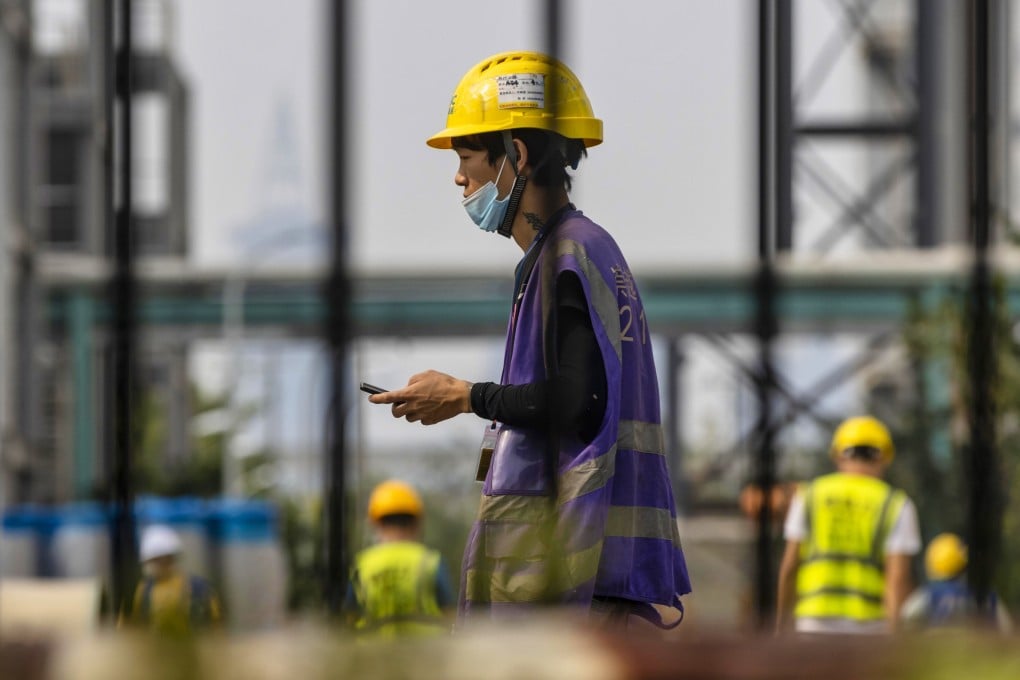Chinese city seeks technological breakthroughs to help nation survive restrictions imposed by United States
- Massive construction boom in Chengdu is the epitome of China’s push to counter rising external hostilities, particularly with United States
- The notion of a whole-nation mechanism, which worked well in developing atomic bombs, satellites and manned space missions, has returned

Chengdu, the capital of Sichuan province, used to be known as a laid-back city full of teahouses and mahjong – a food paradise with a particular chilli flavour and plenty of cute pandas.
But bustling construction in the far south urban area tells another story – the city is building itself into a national innovation centre that will help tackle technological bottlenecks hampering China’s development.
Dozens of crane operators are busy working amid autumn rains as new buildings appear on the horizon, and excavation efforts are under way to build a planned science city on the shores of Xinglong Lake, about 31km (19 miles) from Tianfu Square in central Chengdu.
Government blueprints indicate that 99 sq km (38 square miles) of land, larger than the size of Manhattan, will be the starting zone to rival California’s Silicon Valley, especially with the presence of eye-catching enterprises such as UK-based chip designer ARM and Tsinghua Unigroup, as well as a handful of heavyweight research institutions.
The undertaking represents the epitome of a nationwide technological push to counter rising external hostilities – particularly from the United States.
Beijing has tasted the bitterness of being “strangled” by Washington in the past two years. The tension arising from the bilateral trade imbalance has spilled over to finance, media and technologies, while disputes over the origin of coronavirus pandemic, Hong Kong’s national security law and the South China Sea have pushed bilateral ties to the brink of a new cold war.
